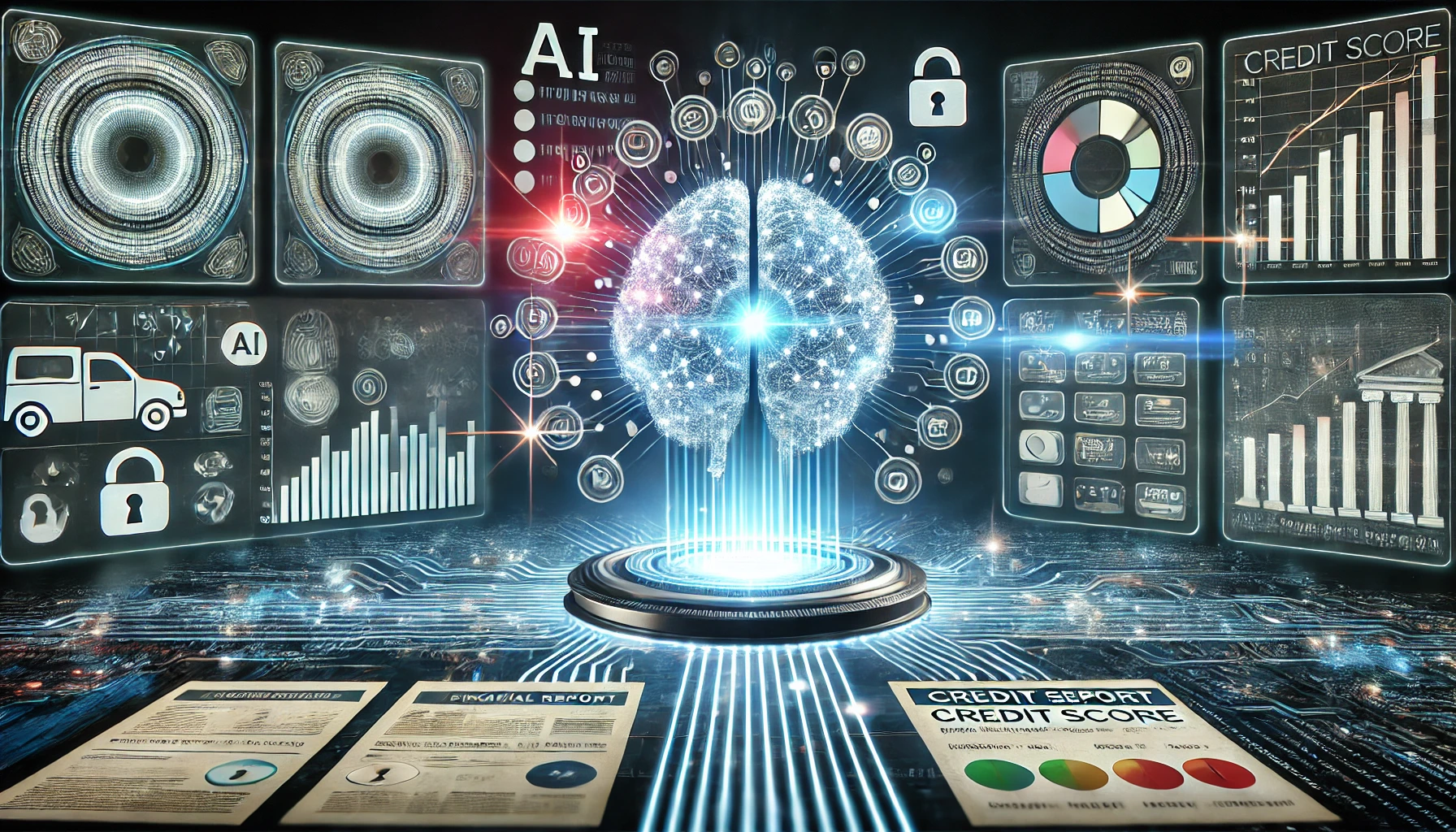The Rise of AI-Powered Credit Scoring: How Machine Learning is Redefining Risk Assessment in Fintech

Welcome to the Future of Credit Scoring
Credit scores used to be this big, mysterious number that determined whether you could buy a house or, at the very least, a shiny new blender on credit. If your credit score was low, it felt like the universe was conspiring against you. But hold on to your hats, because artificial intelligence (AI) is stepping in to flip the script on traditional credit scoring. And no, it’s not as scary as it sounds—well, maybe just a little. In fintech, AI is being used to revolutionize how risk is assessed. So, let’s dive into how machine learning is transforming this industry in ways that might just change your life (or your ability to get that new blender).
Old School Credit Scoring: Limited and Flawed
Before we jump into the future, let’s take a quick glance back. Traditional credit scoring models like FICO and VantageScore were based on a few key metrics: your payment history, amounts owed, credit history length, and a couple of other factors. If you were a ghost (aka, no credit history), your score was basically non-existent. It's like trying to get into a club without being on the list. Oh, and let’s not forget how rigid these systems were. One missed payment could send your score tumbling down a black hole from which it felt impossible to recover. Not exactly forgiving, right? But what if there was a better way?
Enter AI: A Smarter, More Inclusive Approach
AI-powered credit scoring is like that cool, progressive teacher who grades you on more than just your attendance and test scores. Instead of focusing solely on traditional financial metrics, AI credit scoring algorithms analyze massive amounts of data—things like your rent payments, utility bills, online behavior, and even your social media activity (don’t worry, that dog video binge won’t count against you). By taking into account alternative data points, AI makes credit scoring more inclusive. Suddenly, those with no credit history (hello, young adults!) have a fighting chance to get approved for loans, mortgages, and more.
How Machine Learning is Revolutionizing Risk Assessment
Now, here’s where things get super exciting (or terrifying, depending on your perspective). Machine learning algorithms constantly evolve. They learn from data in real-time and improve their accuracy over time, which is a game-changer for risk assessment. Traditional systems were static—you got your score and lived with it. With AI, credit scores can be more dynamic, adjusting as new information becomes available. More importantly, machine learning can detect patterns that humans might miss. So, if you’ve had a rough financial patch but are bouncing back, AI could give you more leniency than traditional methods. It’s like getting a second chance, but from a robot.
Better Prediction = Reduced Risk for Lenders
Lenders, of course, are thrilled about this. AI’s ability to predict risk more accurately means fewer defaults and more responsible lending. By analyzing comprehensive datasets, these algorithms can give a clearer picture of a borrower’s likelihood to pay back a loan. That means more personalized loan offers, better interest rates for those who deserve them, and fewer financial disasters. Plus, this tech reduces bias in lending. No more being rejected just because your financial history doesn’t fit into the neat little box that traditional systems expect.
AI and Financial Inclusion: A Match Made in Heaven
If there’s one thing AI is doing right in the fintech space, it’s leveling the playing field. Financial inclusion has always been a challenge—traditional credit systems left out millions of people who didn’t fit the standard mold. AI, with its ability to consider non-traditional data points, is helping to bridge that gap. More people are being granted access to credit, particularly those in underserved markets. Whether it’s in developing countries or rural areas, AI-driven credit scoring is breaking down barriers and allowing more people to participate in the global financial system.
Challenges: Is AI-Powered Credit Scoring Flawless?
Okay, so AI is awesome—but is it perfect? Of course not. There are concerns about transparency. How do these algorithms actually make decisions? It can feel like a black box where you just have to trust the robot. Plus, there’s the issue of data privacy. With AI analyzing so many different data points, how can we be sure our personal information is safe and not being misused? Also, let’s not forget the possibility of AI unintentionally amplifying existing biases in the data it’s fed. It’s not a flawless system, but with ongoing development, many of these issues are being addressed.
The Future of AI-Powered Credit Scoring
So, what’s next? Well, AI in fintech is just getting started. Expect to see even more advanced algorithms that can predict financial behavior with an even higher level of precision. As machine learning models become more sophisticated, credit scoring will likely evolve to include even more alternative data points—everything from your subscription services to your fitness tracker data (no joke). Financial institutions will continue to adopt these systems, and consumers will need to stay informed about how their creditworthiness is being determined. It’s an exciting time, but also one that calls for vigilance.
Is AI the Answer to Fair Credit Scoring?
In the end, AI-powered credit scoring is a step toward a more inclusive and fair financial system. It’s not without its flaws, but it’s certainly more flexible and dynamic than the rigid, old-school models. Will machine learning redefine risk assessment forever, or are we on the verge of discovering an even better system? And most importantly, what does this mean for you the next time you apply for a loan? Only time will tell, but one thing’s for sure: credit scoring will never be the same.



